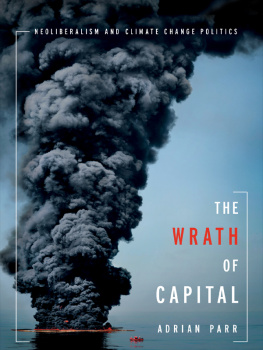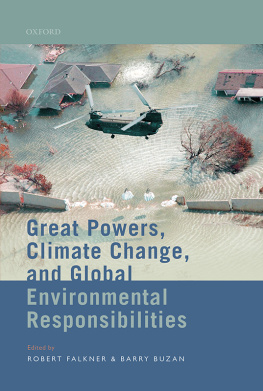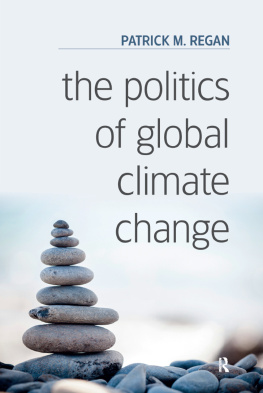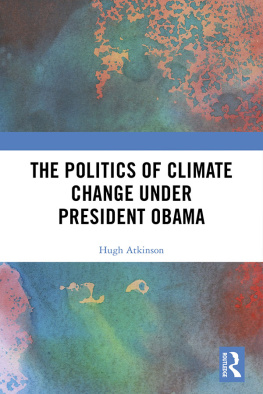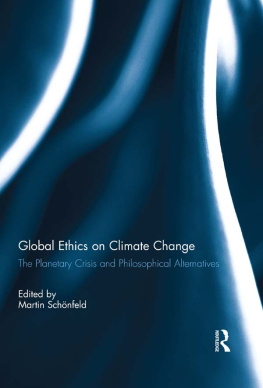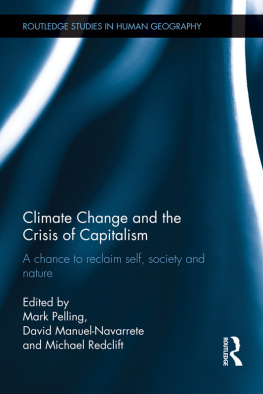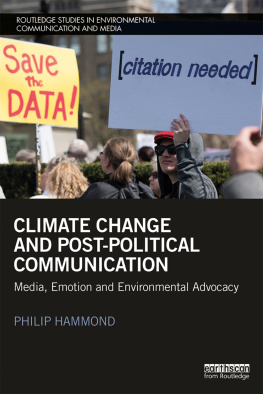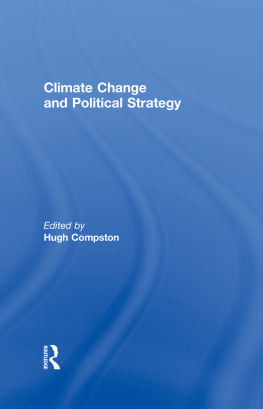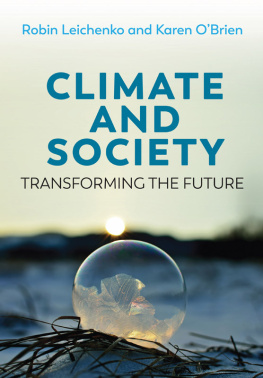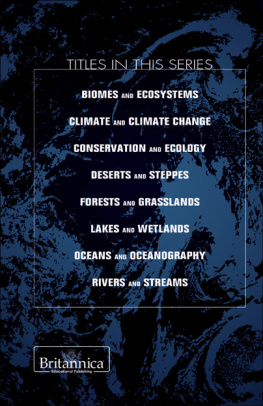THE WRATH OF
CAPITAL
New Directions in Critical Theory
NEW DIRECTIONS IN CRITICAL THEORY
Amy Allen, General Editor
New Directions in Critical Theory presents outstanding classic and contemporary texts in the tradition of critical social theory, broadly construed. The series aims to renew and advance the program of critical social theory, with a particular focus on theorizing contemporary struggles around gender, race, sexuality, class, and globalization and their complex interconnections.
Narrating Evil: A Postmetaphysical Theory of Reflective Judgment, Mara Pa Lara
The Politics of Our Selves: Power, Autonomy, and Gender in Contemporary Critical Theory, Amy Allen
Democracy and the Political Unconscious, Nolle McAfee
The Force of the Example: Explorations in the Paradigm of Judgment, Alessandro Ferrara
Horrorism: Naming Contemporary Violence, Adriana Cavarero
Scales of Justice: Reimagining Political Space in a Globalizing World, Nancy Fraser
Pathologies of Reason: On the Legacy of Critical Theory, Axel Honneth
States Without Nations: Citizenship for Mortals, Jacqueline Stevens
The Racial Discourses of Life Philosophy: Ngritude, Vitalism, and Modernity, Donna V. Jones
Democracy in What State? Giorgio Agamben, Alain Badiou, Daniel Bensad, Wendy Brown, Jean-Luc Nancy, Jacques Rancire, Kristin Ross, and Slavoj iek
Politics of Culture and the Spirit of Critique: Dialogues, edited by Gabriel Rockhill and Alfredo Gomez-Muller
The Right to Justification: Elements of Constructivist Theory of Justice, Rainer Forst
The Scandal of Reason: A Critical Theory of Political Judgment, Albena Azmanova
THE WRATH OF
CAPITAL
NEOLIBERALISM AND
CLIMATE CHANGE POLITICS
Adrian Parr
Columbia University Press New York
Columbia University Press
Publishers Since 1893
New York Chichester, West Sussex
cup.columbia.edu
Copyright 2013 Columbia University Press
All rights reserved
E-ISBN 978-0-231-53094-1
Jacket design by FaceOut Studio
Library of Congress Cataloging-in-Publication Data
Parr, Adrian.
The wrath of capital : neoliberalism and climate change politics /
Adrian Parr.
p. cm.(New directions in critical theory)
Includes bibliographical references and index.
ISBN 978-0-231-15828-2 (cloth : alk. paper)
ISBN 978-0-231-53094-1 (ebook)
1. Climatic changesEconomic aspects.
2. Climatic changesPolitical aspects.
3. Neoliberalism I. Title.
QC903.P375 2013
363.738'74dc23 2012012474
A Columbia University Press E-book.
CUP would be pleased to hear about your reading experience with this e-book at .
References to Internet Web sites (URLs) were accurate at the time of writing. Neither the author nor Columbia University Press is responsible for URLs that may have expired or changed since the manuscript was prepared.
To Deborah Zaretsky and in memory of Allen Zaretsky
Dont be humble; you are not that great.
Golda Meier (18981978)
CONTENTS
I especially thank Kenneth Surin, Jana Braziel, Annulla Linders, Marti Kheel, Thomas Heyd, and Eli Zaretsky for their thoughtful suggestions and comments. I am extremely grateful to Jack Elliott and the Hillier Endowment at Cornell University; Jill Bennett, Felicity Fenner, and Dennis del Favero at the University of New South Wales; and Joanne de Vries from the Fresh Outlook Foundation for providing me with opportunities to share earlier drafts of the manuscript. Sheryl Cohen kept me on track throughout every phase of this project, and I cannot thank her enough for her unwavering support.
Stimulating conversation with Nancy Fraser, Raj Patel, Michael Hardt, Debal Deb, Charles Waldheim, Stephen Seidel, Daniel Greenberg, Durganand Balsavar, Bryony Schwan, Noel Sturgeon, Greta Gaard, Mike Parr, Antoni Fokers, all the people I met in Dharavi, and the rural farmers outside Hyderabad, India, informed the arguments I develop throughout the book. I am very appreciative of my colleague Nnamdi Elleh for his continuing encouragement. My research assistants Erin Gulley and Katherine Setser worked hard investigating scientific evidence and reports; Katy Johnsons eye for detail was an enormous help in the latter stages of the editing process; and Emily Schweppe saved the day on more than one occasion.
The University of Cincinnati Faculty Development Council, the University of Cincinnati Research Council, and the Taft Center for Research on the Humanities provided me with much needed funding to complete research for this book. I also thank Wendy Lochner and Amy Allen for their enthusiasm for this project as well as Christine Mortlock and copyeditor Annie Barva for their assistance at various stages of the publication process.
Last, I am very lucky to have Michael, Lucien, Shoshana, and Yehuda in my life; without them, this book would never have come to be.
| BP | British Petroleum |
| CCC | Commercial Club of Chicago |
| CCX | Chicago Climate Exchange |
| CDM | Clean Development Mechanism |
| CO2 | carbon dioxide |
| ERU | emission-reduction unit |
| EU ETS | European Union Emissions Trading Scheme |
| FACE | Forests Absorbing Carbon Dioxide Emissions |
| FAO | Food and Agriculture Organization |
| FDA | U.S. Food and Drug Administration |
| GDP | gross domestic product |
| GHG | greenhouse gas |
| HFC-23 | trifluoromethane |
| HOPE | Housing Opportunities for People Everywhere |
| IPCC | Intergovernmental Panel on Climate Change |
| JI | Joint Implementation |
| LEED | Leadership in Energy and Environmental Design |
| NAFTA | North American Free Trade Agreement |
| NGO | nongovernmental organization |
| ppm | parts per million |
| STRASA | Stress Tolerant Rice for Africa and South Asia |
| UN | United Nations |
| USGBC | U.S. Green Building Council |
| UWA | Uganda Wildlife Authority |
| WHO | World Health Organization |
One can only speak of what is in front of him, and that is simply a mess.
Samuel Beckett
A legend dating back to sixteenth-century Prague tells of a violent conflict between a man and his creation. The story begins with the rabbi of Prague, Judah Loew (15251609), who in a dream is instructed to create a golem to protect his people from blood libel. Heading down to the muddy banks of the Moldau River, the rabbi and his two assistants create a humanoid form out of earth, fire, water, and air, bringing the clay figure to life. The golem would consign the blood libel to the trash of history, and from there civilization could continue forward in peace and harmony. But the titanic muscular clay creature becomes increasingly independent, unmanageable, and injurious, grasping the city tightly in its fists, terrorizing everyone.
The rabbi tries to cooperate with the creature in hopes that by demonstrating his love for the golem, it will become more self-reflexive, capable of distinguishing between care and indiscriminate destruction. Unfortunately, with each day that passes the golem becomes increasingly uncompromising and harmful, posing a seemingly intractable problem for the rabbi. Although it shields the rabbis people from attack, it annihilates everything else in its path. Exhausted by the situation and the growing debris, the rabbi is compelled to act. As painful as it is, he returns back to the earth the creature he had authored into existence.

